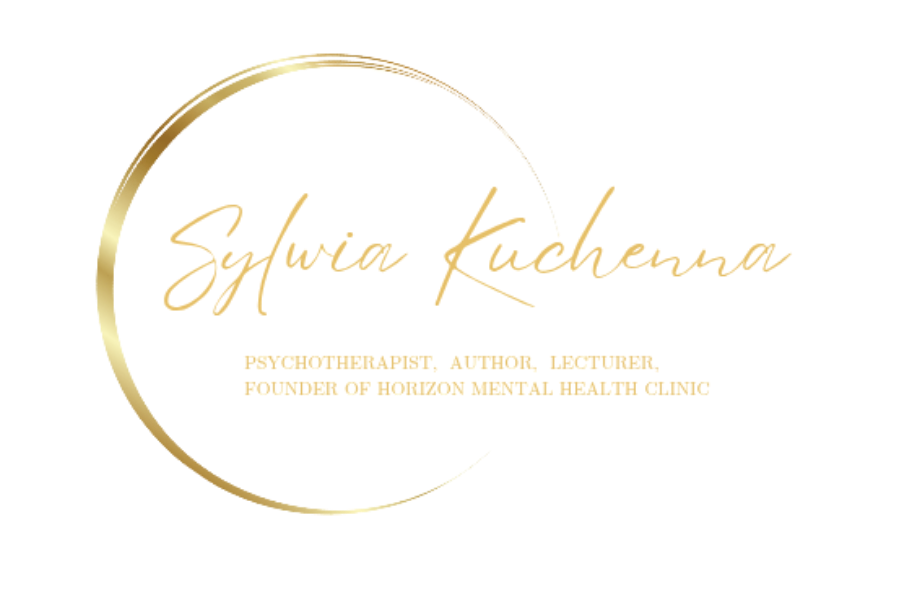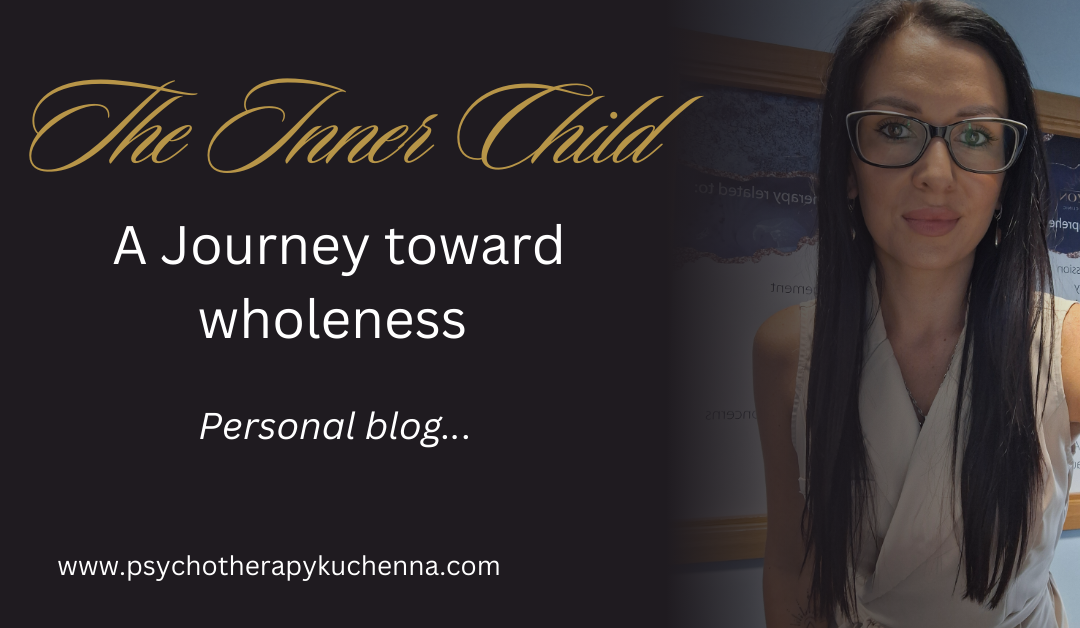Yesterday I delivered another inner child workshop — and gosh, I love that process so much. It never stops fascinating me, the way the unconscious works.
There was one exercise where I always made space for my own inner child. I honour her every time I facilitate, because reconnecting with her was the turning point that finally made me feel whole. Yet this time, to my surprise, I nearly forgot to include her. It was as if there was no longer a “need” for her to show up. I picked the toys for her, as I always do, but on my way back to the room, I felt her laughter inside me and heard her whisper:
“It’s okay. I know you will look after me. I know you won’t abandon me.”
I paused for a moment, both amused and deeply touched. What I felt in that instant was peace — peace with myself, peace with my past, and peace with where I stand today.
My relationship with myself has transformed beyond recognition. It used to be abusive, harsh, conditional, based on “tough love.” I was completely lost — without even realising it. Today, I would not accept anything less than full respect.
Gratitude for the Journey
My heart is now filled with gratitude: gratitude for my past, for the lessons, for the people who entered my life — even those who gave me the most painful experiences. If I am truly honest, I wouldn’t change a thing. I am grateful for who I am today, even though it feels both like the beginning of the journey and like I’ve already lived a hundred lifetimes.
At 34, I realised I had accomplished all the goals I had set for myself over the past decade. Strangely, it all seemed easier than I once expected. Since last October, I’ve had to ask myself new questions: What now? Where am I going? What does this next chapter mean?
The answer was clear: it’s time to create new life goals, new adjustments, new plans. I’ve already begun that work. The next five years will be as fascinating and unpredictable as the journey of life itself.
From Brokenness to Purpose
When I was 18, I was told my life was already over before it began. I was told I would accomplish nothing, that I was worth nothing. I have never felt more lonely, more isolated, or more hurt — but at the same time, I have never been more determined. Giving up was not an option.
Even earlier, when I was only seven years old and endured sexual abuse, I felt all five primal wounds of the soul at once: betrayal, rejection, abandonment, injustice, and humiliation. And yet, even in that darkness, I made a vow to God: If I survive this, I will help others come out of their hell, too.
From that moment, I knew I would dedicate my life to working with people. Back then, I wanted to be a surgeon because I thought that was the only way to save lives.
Beyond “Victim” and “Survivor”
Today, I no longer see myself as a victim — but I also resist identifying only as a survivor. Both labels feel restrictive.
- To live as a victim is to remain trapped in helplessness, defined entirely by what happened.
- To live as a survivor is a step forward, but it still keeps the trauma at the centre of one’s identity: “I am someone who lived through this.”
I chose something different. My experiences happened — I don’t deny them. They are part of my body, my story, my history. They shaped me. And while much of it was painful, not all of it was negative. Some traits I developed, I wouldn’t trade for anything.
This story is mine, and no one can take away the meaning I make from it. My mindset, my attitude — these are my own. My inner child deserves acknowledgement. She deserved someone to stand by her, and it took me years of battles with myself to finally be that person.
Sometimes, I even feel that I had to go through what I did so I could truly understand human suffering at its core. That depth allows me, as a clinician, to recognise wounds in others immediately. Trauma survivors often don’t see their own pain — but I do, because I’ve been there.
The Illusion of Independence
One of the greatest fears of trauma survivors is that admitting our wounds will make us weak, that it will hand power back to the abuser, that someone might control us again. We cling to independence as if it were salvation.
But trauma itself keeps us locked in a deeper prison — the illusion of disconnection from ourselves. The more we insist on being “independent and strong,” the more isolated and lonely we feel. And where is the strength in that? Since when did isolation become strength? That is a question worth reflecting on.
Afraid of Ourselves
In my years of healing and clinical practice, I’ve noticed that most of us are, in fact, afraid of ourselves. Afraid of being visible. Afraid of being “enough.” Afraid of judgment, rejection, vulnerability.
And at the root of this is the inner critic — the voice of introjection, the ego’s defence mechanism, built from the internalised judgments of others. We end up fearing not the world, but our own minds.
Not all patients I see experienced childhood trauma, and yet many carry personality struggles. Take narcissism, for example: not every narcissist is born of rejection or abuse. Some emerge from an environment of conditional attention and overvaluation, where love is given only if the child fulfils the parent’s fantasies. This, too, leaves scars on the inner child.
What the Inner Child Really Is
So many people dismiss the inner child as “just healing childhood wounds.” When I hear such comments, I don’t argue. I simply smile and remain silent — I have no interest in debating with those who believe they already know everything.
But for those genuinely curious, here’s the truth: the phrase “inner child” is a simplified term from pop psychology. Clinicians see it differently:
- Ego states left over from earlier development: Primitive ways of feeling and relating that remain alive within us.
- Unconscious residues of early relationships: Imprints of our caregivers’ love, neglect, or trauma that re-emerge under stress.
- A living presence in the adult psyche: The child-self shows up in dreams, regressions, and even in how we relate to others.
The inner child, then, is not a metaphor but a real, enduring part of our psyche.
A Humble Closing
Over the last decade of healing and self-work, I’ve learned something humbling: the more I know, the more I realise how much I don’t. It’s like a drop in the ocean.
So, as I close this reflection, I invite you to take whatever you need from these words — whether it’s one sentence or one idea. Make it yours.
From me to you: You are not broken. Your past does not define you. You have every right to own your story and rise above it. Be curious about who you are. Explore your strengths. Become whole. Speak truth to yourself. Expand, instead of shrinking.
You are not your trauma. You are everything you carry in your heart.
Believe it. Feel it. Live it.
With love,
Sylwia

